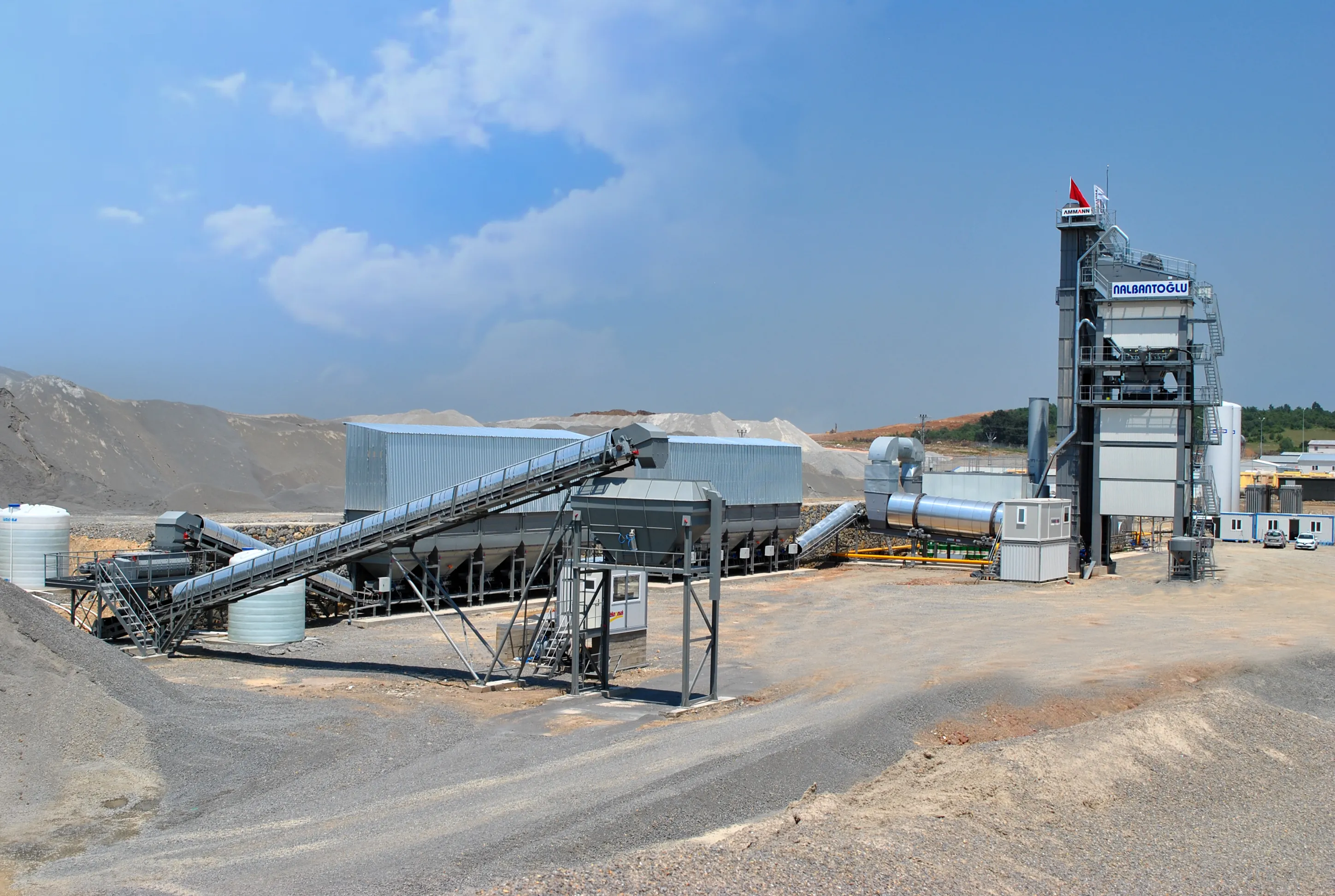
An important factor in the selection of the plant for the construction of Turkey’s Northern Marmara Motorway was its ability to utilise fibres. A large portion of the motorway, which serves as a bypass of Istanbul, has been completed. Handling a good deal of the remaining work is Nalbantoglu Insaat, a family-owned business founded in 1995.
The company has completed a number of high-profile projects, including creating mix for 70% of the roads in Kayseri, the city where it is headquartered. The Northern Marmara Motorway is taking much of the company’s focus through to the end of 2018.
Nalbantoglu naat is producing a great deal of mix for the fourth section of the highway, which will be connected to the Osmangazi Bridge. The company’s portion of the work is a 36km stretch that has been under construction for about three years.
When completed, travel to Istanbul’s third international airport will be much faster, and traffic relieved in some high-congestion areas. “It is a profound investment from which the economy, sociocultural structure and tourism will benefit,” said Ali Nalbantoglu chairman of the board of the asphalt company. “The size and the importance of the project are huge. To be part of such an important project is very exciting both for me and the whole company. For more than 20 years, we have improved our road building techniques and engineering, and with this experience and know-how, we will complete the project in due time and with success.”
Nalbantoglu naat initially used a single
“The as1 Control System is the best that an asphalt plant can have,” Nalbantoglu said. “It is easy to operate and very safe.”
So successful was the first ABA UniBatch that Nalbantoglu Insaat recently purchased a second such plant for the project. In addition, the company acquired an ABA UniBatch 340 with RAH 50 recycling dryer for use near Kayseri. The company now owns five Ammann asphalt plants.
The paving company also purchased an Ammann MechTEK Mechanical Stabilisation Plant to produce cold mix for the job. “We will provide 2.5 million tonnes of cold mix,” Nalbantoglu said. “The cold mix plant has many benefits: high capacity, precise dosing, an ability to handle a wide range of additives; and operator-friendly software that enables recipe storing, statistical reporting and customisation.”
Using a plant dedicated to cold mix production has helped keep the project on track. “The plant has large output in a short time,” Nalbantoglu said. “It uses less power and the fact that it’s a separate operation helps with jobsite logistics. The wearing parts have long life, and therefore reduced maintenance costs. Our management also can remotely connect to the machine to monitor daily operations.”








